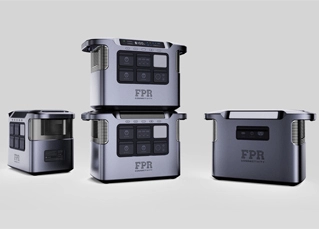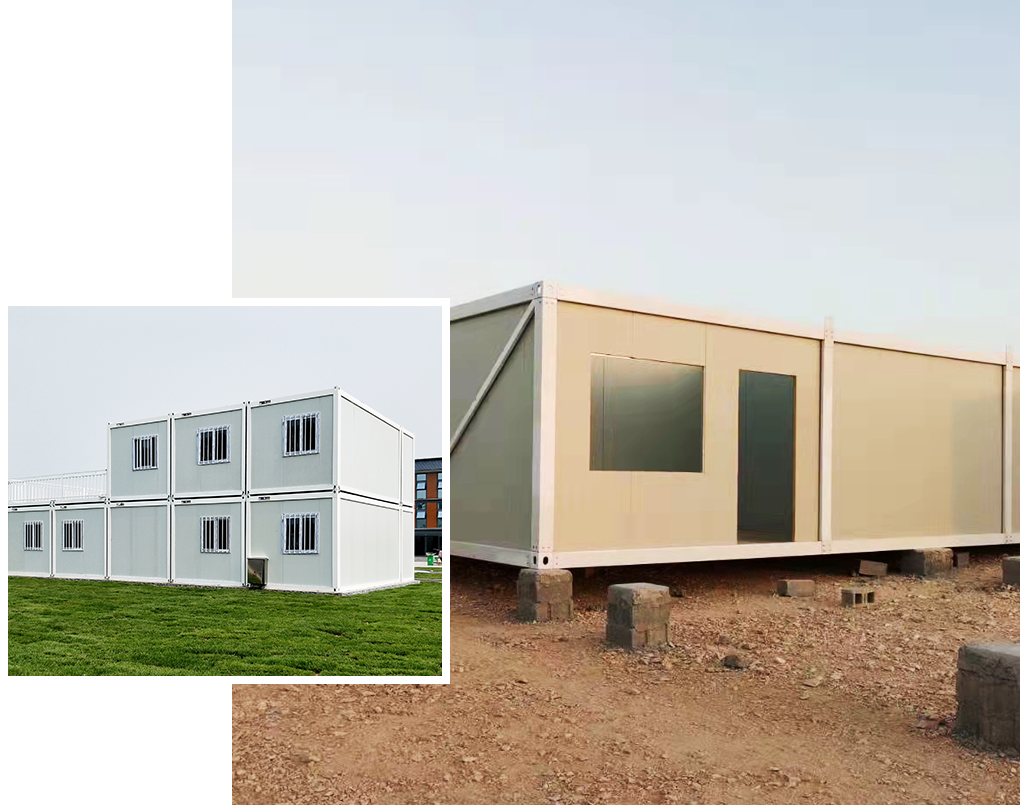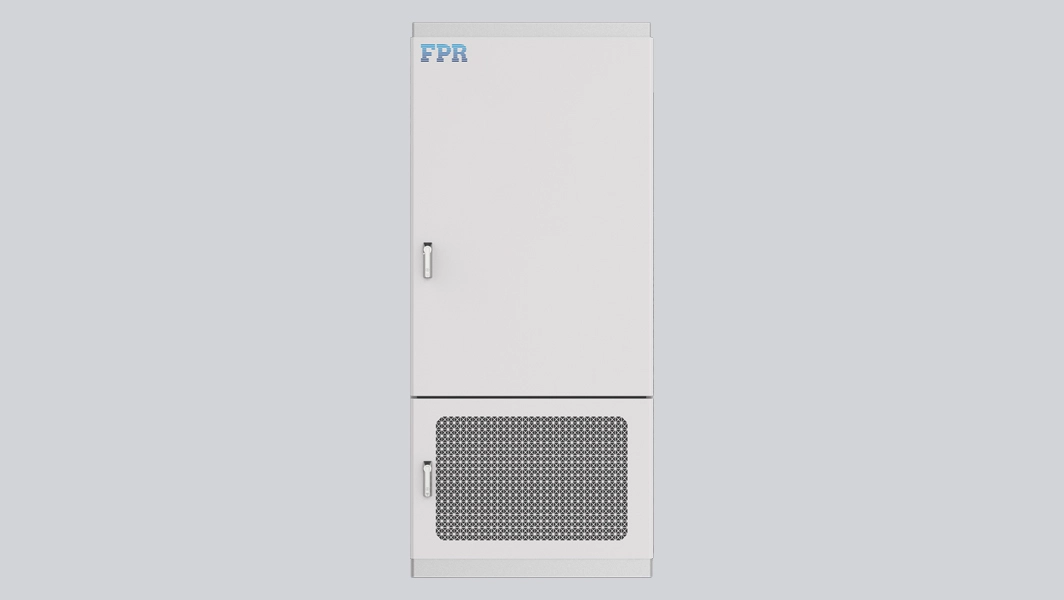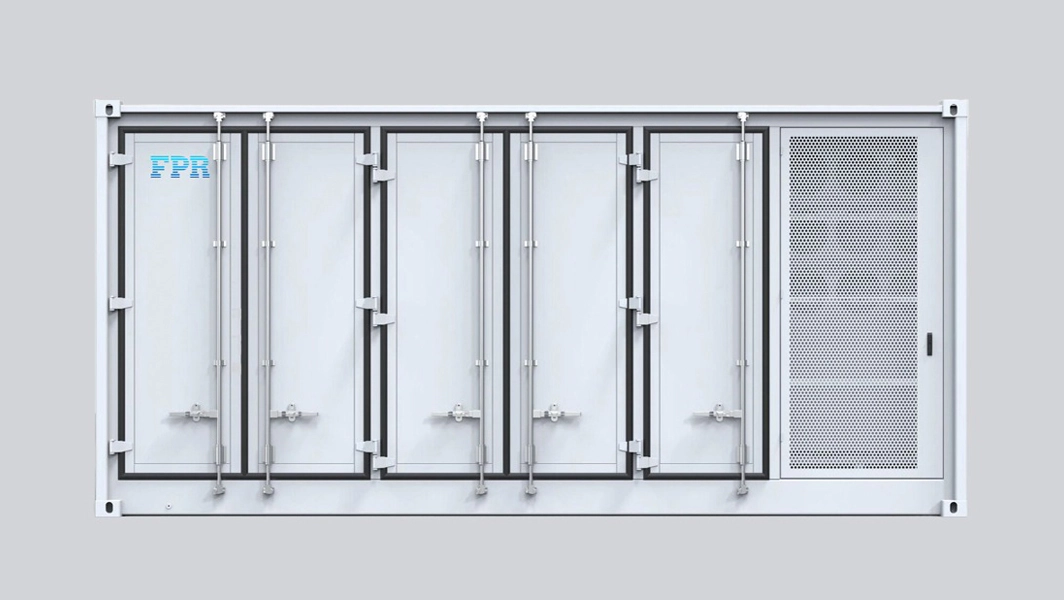Powering Up Healthcare: Storage Battery Use in Medical Devices and Facilities
In today's fast-paced world, technology has become an integral part of healthcare systems. From life-saving medical devices to reliable power backup solutions, storage batteries play a vital role in ensuring uninterrupted operations in medical facilities. With the increasing demand for energy storage, understanding the use of storage batteries within healthcare settings becomes crucial. In this blog, battery energy storage system manufacturers will explore about it.
Powering Lifesaving Medical Devices
Medical devices such as pacemakers, defibrillators, ventilators, and infusion pumps rely heavily on a continuous power supply for their optimal functioning. In critical situations, where any loss in power can have severe consequences, storage batteries act as a reliable backup option. Not only do they provide a seamless power source for these lifesaving devices, but they also ensure uninterrupted care for the patients who depend on them.
Ensuring Reliable Energy Storage
Medical facilities, especially hospitals, require a stable and consistent power supply to support their day-to-day operations. Storage batteries serve as an efficient solution to store surplus electricity during off-peak hours when energy costs are lower. This stored energy can then be utilized during periods of high demand or in case of power outages, ensuring uninterrupted services for patients and critical medical equipment.
Moreover, utilizing storage batteries for energy storage reduces reliance on fossil fuel-based generators, which can be costly and harmful to the environment. By implementing sustainable energy storage solutions, healthcare facilities can contribute to a greener future while ensuring the continuous functioning of their operations.
Advancements and Future Possibilities
With ongoing advancements in technology, the utility scale battery is evolving to meet the growing demands of the healthcare industry. Lithium-ion batteries, for instance, offer higher energy densities, longer lifespans, and faster charging capabilities, making them optimal for powering medical devices. Additionally, the integration of smart storage systems and renewable energy sources, such as solar panels, can further enhance energy efficiency and sustainability within medical facilities.
As healthcare systems continue to expand and improve, so does the need for reliable power backup solutions. Storage battery use in medical devices and facilities is not only critical for ensuring patient care, but it also contributes to overall operational efficiency and cost-effectiveness.
In conclusion, the use for energy storage in medical devices and facilities is essential for maintaining continuous power supply, ensuring patient care, and reducing environmental impact. With the advancements in battery technology and the integration of renewable energy sources, healthcare systems can embrace sustainable solutions while providing quality care to patients. As we move forward, it is crucial for medical facilities to prioritize the use of storage batteries and explore innovative ways to incorporate energy storage to meet the ever-growing demands of the healthcare industry.





 EN
EN
 fr
fr  de
de  es
es 


